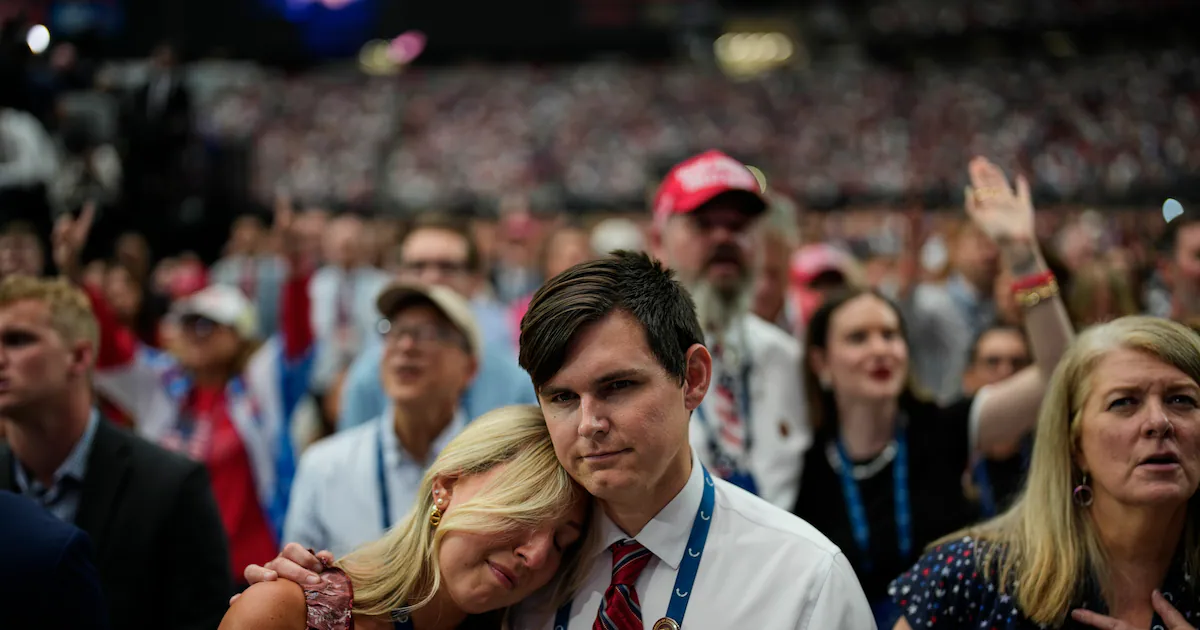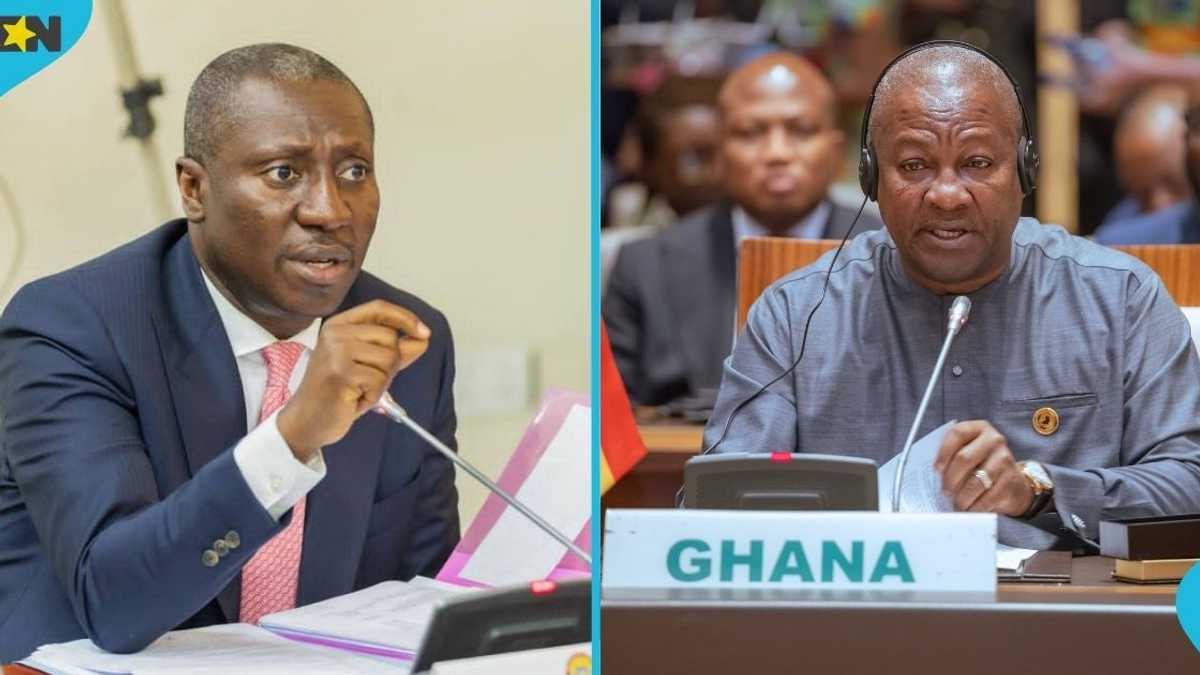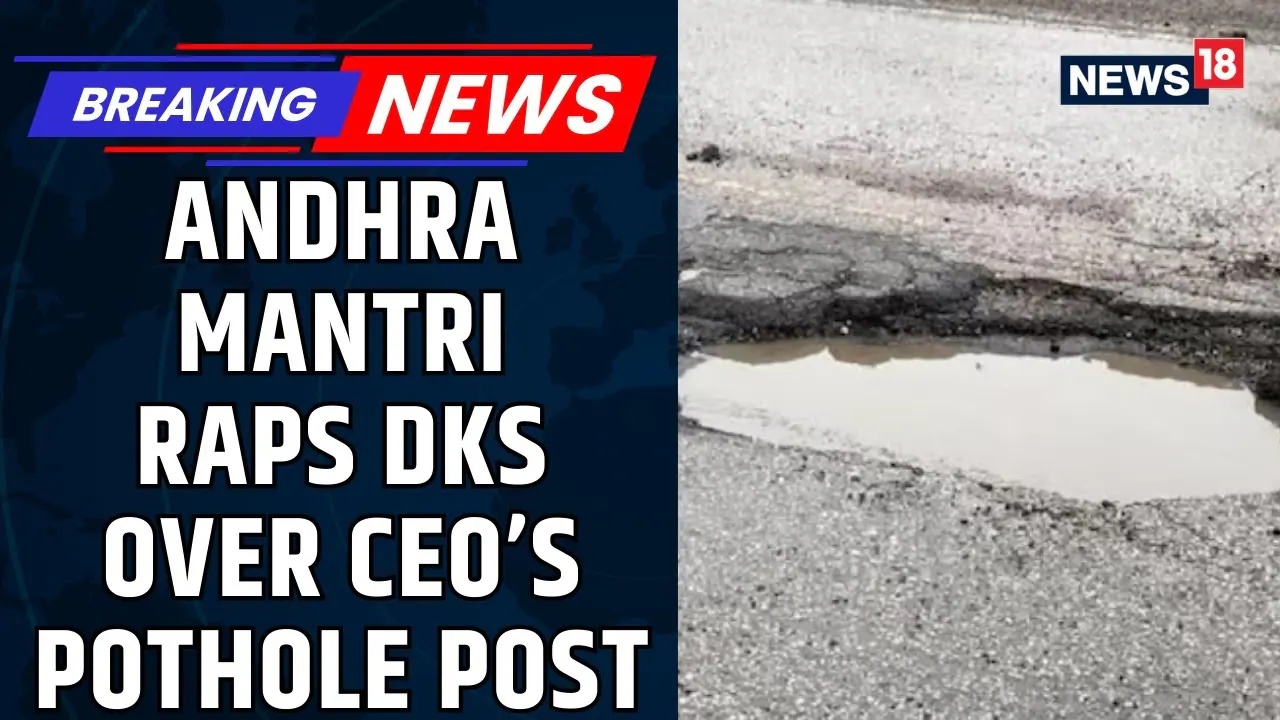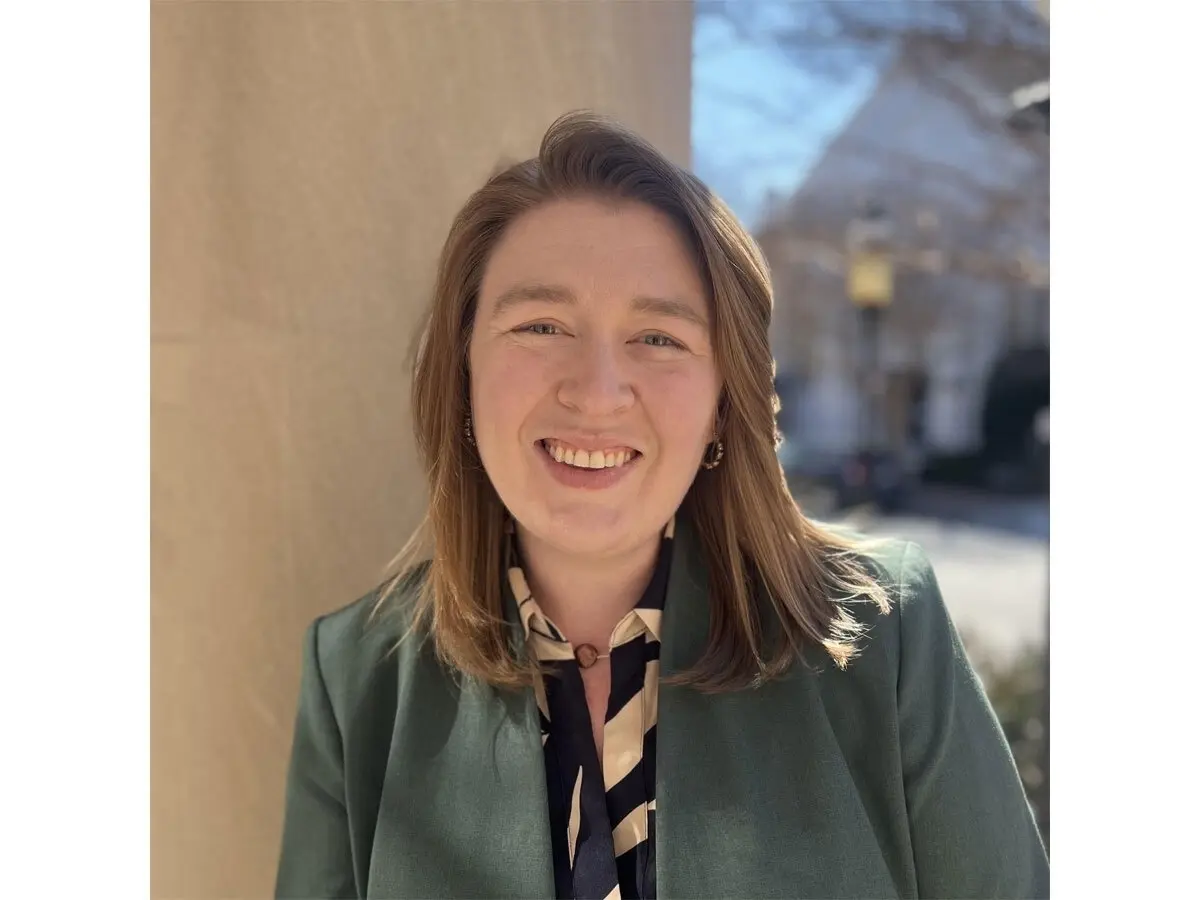
When Utah’s Gov. Spencer Cox announced the manhunt was over for Charlie Kirk’s shooter, he asked a nation still reeling from the shock of another political assassination to turn down the political rhetoric and find ways to “disagree better.”
“To my young friends,“ he said, ”you are inheriting a country where politics feels like rage. Your generation has an opportunity to build a culture that is very different than what we are suffering through right now.”
Rage seems everywhere: road rage, cancel culture, “daddy rage,” social media weaponization, keyboard rage, consumer outrage and gamer rage are just a few common terms that illustrate our collective willingness to become very angry quickly and with very little provocation.
Gov. Cox said that we are all somewhat complicit by allowing “conflict entrepreneurs” to hold sway by allowing them to control so much of our time and attention. “I can’t emphasize enough the damage that social media and the internet is doing to all of us,” Gov. Cox said.
“These companies, trillion dollar market caps, the most powerful companies in the history of the world have figured out how to hack our brains, get us addicted to outrage, which is the same type of dopamine, the same chemical that you get from taking fentanyl, get us addicted to outrage, and get us to hate each other.”
Not long after announcing Charlie Kirk’s shooter was captured, Gov. Cox had a phone call from President Donald Trump. Among other things which they discussed during that call, President Trump recited statistics about how dangerous occupying the presidency had been throughout the course of our history. Some 15% of the presidents of the United States had been shot, President Trump told Gov. Cox (including him, of course). Among them, 8% had been killed.
Unlike many other political assassinations and assassination attempts in the past which seemed more individualized, the reaction to Charlie Kirk’s assassination among current office holders and public figures alike has reflected both uncertainty and alarm. “People are scared to death in this building,” a member of Congress told NBC News.
More locally, Sharon McMahon, a politics-oriented podcaster, has withdrawn from a speaking assignment at UVU scheduled for this weekend — which she accepted previously — citing “in light of recent events.”
How can we all decipher and come to terms not only with what has happened at UVU, but also what is happening more broadly online and in the world of political discourse?
I was on the campus of both UVU and BYU this past week. I met with students, faculty and crisis counselors in the area to try to make sense of recent events myself. Arriving in Orem, I was immediately struck by the proliferation of American flags on the street, in the roadway medians, and even outlined in chalk on the sidewalks. As I visited with others throughout the week it became apparent that this simple but significant expression of patriotism was itself a hopeful gesture, a plea for unity, and an invitation to become peacemakers.
A UVU professor told me that immediately following the shooting on campus many of the UVU students were both shocked and perplexed. “How could this happen here?” many asked. He expressed what he said were the sentiments of many students as the manhunt began. They wanted the shooter found quickly and they hoped the perpetrator would be an “outsider” — maybe a political vagabond from another state or even another country, unfamiliar with our culture and our people.
But he wasn’t.
While he had long ago left the values of his faith and Scouting which he had participated in as a youth, he was from a small town in Utah. An insider. One of us.
What now? How do we make sense of what seems so senseless? How do we assimilate what has happened and go forward? What reconciliation? What antidote?
Immediately following the shooting, hundreds of students flocked to the Latter-day Saint Orem Utah Temple, a temple ordinance worker told me. They came in blue jeans and tee shirts, distressed jeans and retro attire. They came just as they were, looking for a safe refuge, knowing this was one place they could go and feel secure.
At first, temple workers, unaware of what had just happened, were taken aback that so many students came in such ordinary street clothes.
Other students and campus visitors went elsewhere. Kent Allen, a crisis counselor, told me about working with students who were traumatized, shell shocked, grieving both by what had just happened and by what they had just seen. Like watching a terrible traffic accident, they could not easily turn off the images they had just unwillingly witnessed.
Some were stuck, reliving and reliving over and over again the details of what they saw, trying to make sense of something that would never make sense. Speaking of the students in the amphitheater that day, Allen said: “As smart as they are, they can’t out crazy a crazy situation.”
Vigils have been held throughout Utah County this past week with hundreds and hundreds of participants. Vigils for Charlie Kirk and his family as well as for the students and others who witnessed his assassination. I talked to some of these students and asked them about how they were doing, what they felt, and what was next for them.
Unlike the news writers who chose to focus only on the tragedy and the stigma that may be associated with the UVU campus, the students I spoke to talked about their own resilience, their resolve to make the world better, their goal to be more kind, and their determination to show more understanding when there are differences among them.
They experienced a tragedy, but they are going forward. They are no longer just students, they are now our teachers. We can learn from them.



